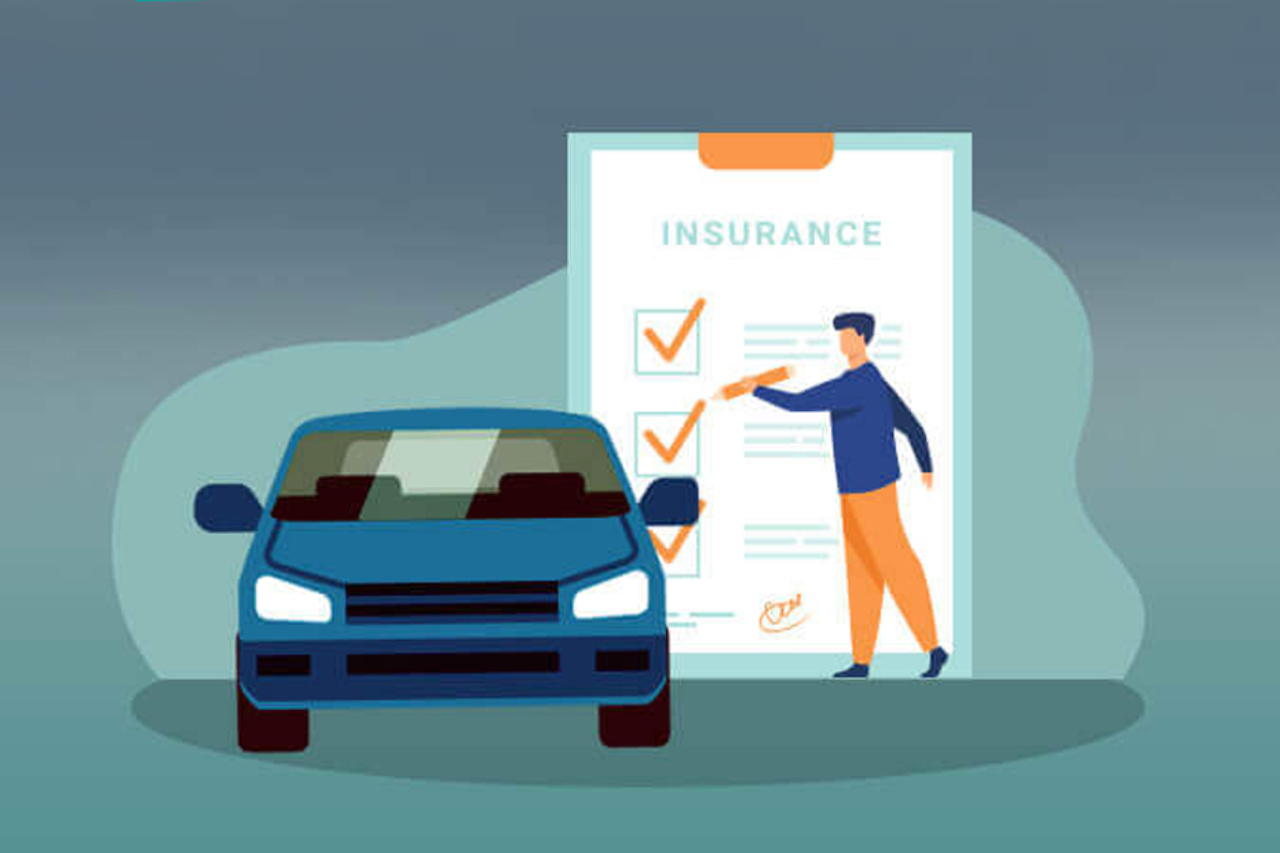Introduction
Car insurance is a topic that often comes up in conversations about owning a vehicle. However, what if you don’t own a car? Is it still necessary to have car insurance? In this article, we will explore the importance of car insurance, even if you don’t own a vehicle. We will discuss the potential risks, legal requirements, and other considerations to help you make an informed decision. So, let’s dive in and find out if it’s necessary to have car insurance if you don’t own a vehicle!
Why Should I Consider Car Insurance if I Don’t Own a Vehicle?
Understanding the Potential Risks
When it comes to car insurance, many people believe that it only applies to those who own cars. However, there are situations where having car insurance can still be beneficial, even if you don’t own a vehicle. For instance, if you frequently borrow or rent cars, having insurance coverage can protect you financially in case of an accident. Accidents can happen at any time, and being uninsured can leave you vulnerable to expensive damages and legal liabilities.
Legal Requirements
Another crucial reason to consider car insurance, even without owning a vehicle, is the legal requirements imposed by many jurisdictions. In numerous places, it’s mandatory to have liability insurance coverage, which protects against damages you may cause to others while driving a borrowed or rented vehicle. Failure to meet these legal requirements can result in fines, license suspension, or even legal action. Therefore, having car insurance can ensure you comply with the law, providing you peace of mind and avoiding unnecessary legal trouble.
Exploring Car Insurance Options
Non-Owner Car Insurance
If you frequently borrow or rent cars, non-owner car insurance can be an excellent option for you. This type of insurance coverage is designed for individuals who don’t own a vehicle but need liability protection when driving borrowed or rented cars. Non-owner car insurance typically provides liability coverage for bodily injury and property damage, helping to safeguard you against potential financial losses in case of an accident. It’s essential to note that non-owner car insurance doesn’t typically cover physical damages to the vehicle you’re driving or any personal belongings inside.
Umbrella Insurance
In addition to non-owner car insurance, umbrella insurance is another alternative to consider. Umbrella insurance provides an extra layer of liability coverage that extends beyond your existing policies, such as homeowner’s or renter’s insurance. While it may not specifically address car-related incidents, umbrella insurance can offer increased protection in various situations, including accidents involving borrowed or rented vehicles. It’s always wise to consult with an insurance professional to determine the right coverage options for your specific needs.
Conclusion
In conclusion, having car insurance is crucial, even if you don’t own a vehicle. Whether you frequently borrow cars or occasionally rent vehicles, car insurance provides valuable protection against potential financial losses and legal liabilities. Non-owner car insurance and umbrella insurance are viable options to consider in such situations. By understanding the risks involved and complying with legal requirements, you can make an informed decision and ensure you have the necessary coverage when driving a borrowed or rented vehicle. Remember, it’s always wise to consult with insurance professionals to find the best insurance solutions for your specific needs.




